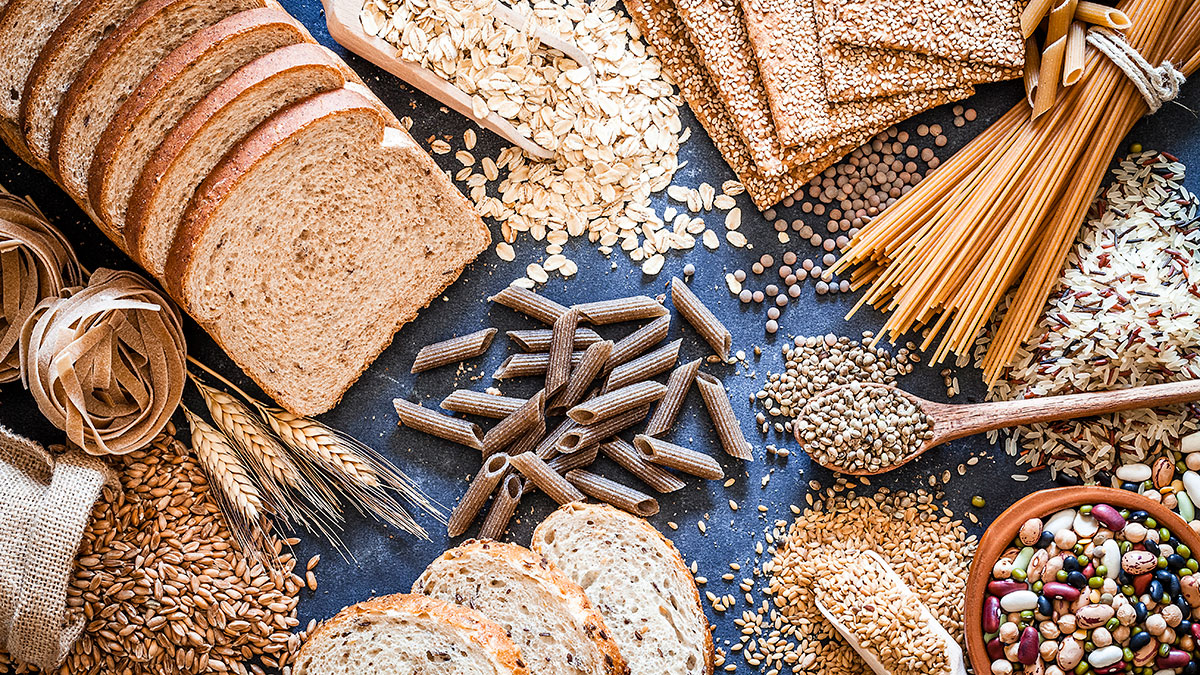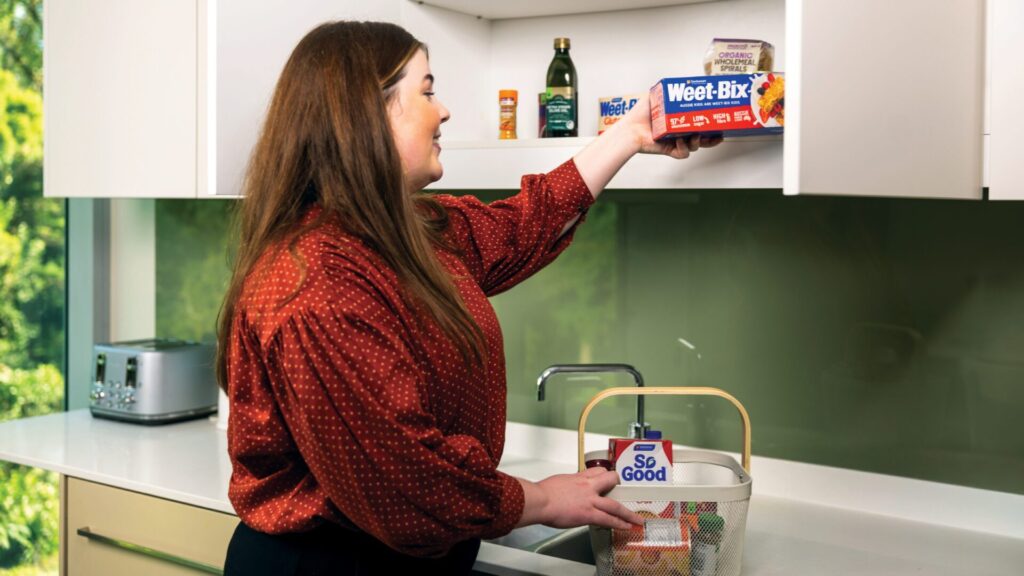Diabetes has become Australia’s fastest growing chronic disease and it’s becoming increasingly prevalent among adolescents and children. Nearly 1.2 million Australians have been diagnosed and a further 500,000 are living with the disease, but don’t yet know it. Eating just three serves of wholegrains a day could lower your risk of developing type 2 diabetes by up to 34 per cent, according to a recent Danish study. That’s just a bowl of porridge and a wholegrain sandwich.
Researchers from Sweden’s Chalmers University of Technology studied 15 years of dietary data from 55,000 men and women, aged 50-65 years. They reported a consistent link between eating wholegrains and a lower risk of developing type 2 diabetes.
They also found each serve mattered. For every 16g serving of wholegrains the participants ate each day, they lowered their risk of developing type 2 diabetes further. The risk in men dropped 11 per cent with each serve eaten and there was a 7 per cent drop per serving for women.
The men eating the most wholegrains daily had a 34 per cent lower risk compared to those eating the least, while women eating the most wholegrains had a 22 per cent lower risk than those eating the lowest.
The good news is the highest consumption group weren’t eating truckloads of wholegrains each day. In fact the highest consumption group were only eating a minimum of 50g—roughly what you’d find in a bowl of porridge and a slice of rye bread. It also didn’t matter what type of wholegrain was eaten; all varieties looked at in the study were associated with decreased risk.
Tips to increase your wholegrain intake
- Swap white bread for loaves with lots
of grains - Choose wholegrain breakfast cereals
- Try brown rice or buckwheat as a side instead of white rice
- Snack on popcorn
- Bulk up your breakfast smoothies with oats or wholegrain cereal
- Add quinoa or barley to soups
Lifestyle tips to reduce your risk
Focus on wholefoods. The best way to prevent, treat and even reverse diabetes is with a varied plant-based diet, including wholegrain breads and cereals, fruits and vegetables, legumes, nuts and seeds. Try replacing some meat meals with plant proteins like legumes as these are high in fibre and help to manage blood sugars.
Choose healthy fats. Extra virgin olive oil, unsalted nuts and seeds, nut and seed butters and avocado are nourishing plant fats that will help slow the release of glucose into your bloodstream, meaning better blood-sugar control. They will also help reduce inflammation in your body, which has been linked to a range of chronic diseases, including diabetes.
Check blood sugar. It’s important to get your blood glucose levels checked by your doctor yearly, especially if you’re overweight or have a family history of diabetes. Family history does increase your risk, but it doesn’t mean you’ll develop the disease. Take control to reduce your risk.







